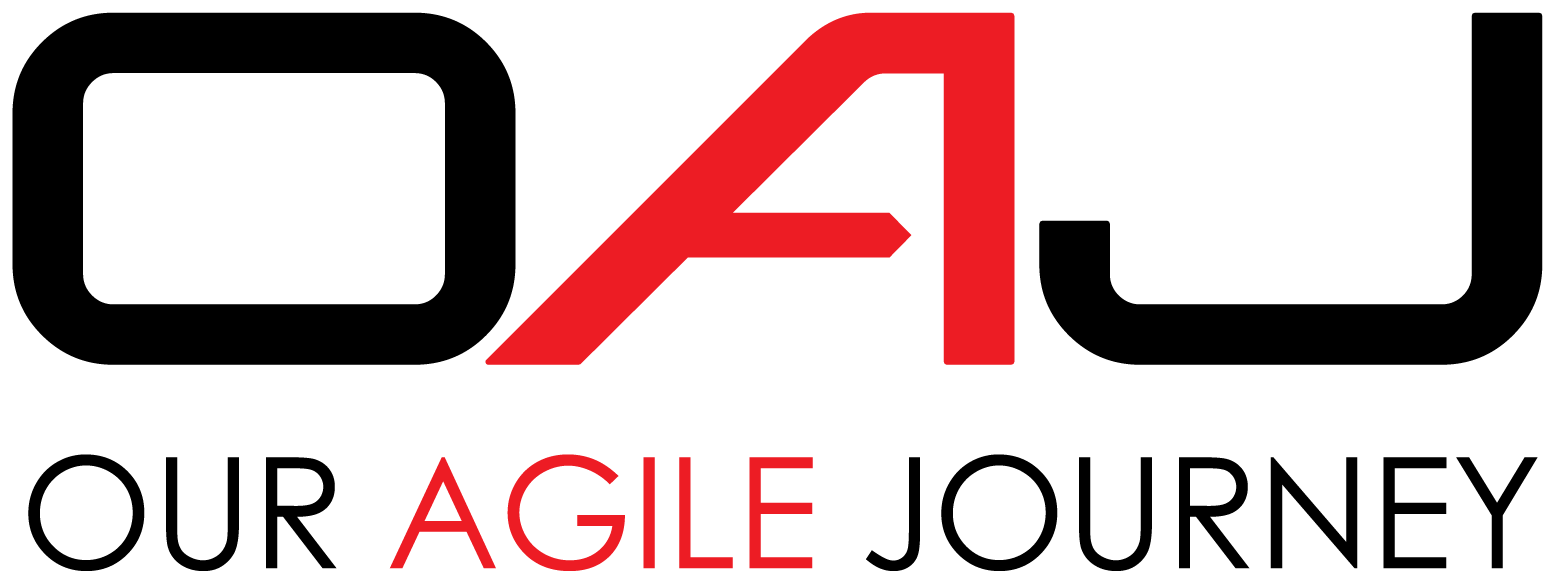Thoughts for Estimation Training

As I mentioned in my last post I would like to create training. For some reason I feel like Estimation is a decent place to start. I think a one hour online video training session is something I could probably produce. I would also like a longer interactive one of 2-3 hours. I think that is long enough for estimation.
It isn’t long enough for Agile though. The training will come with the assumption that the attendees understand the Agile concept of making decisions and commitments as late as responsible. This will be briefly addressed, but it will not be gone over in-depth. Concepts I hope to cover include reasons for estimation, value versus cost of estimation, when to estimate, estimation techniques, and estimation red flags. The target audience will be teams new to group estimation, new scrum masters, and project managers new to Agile methodologies.
Some of my inspiration is definitely going to come from Mike Cohns Agile Estimation and Planning. Perhaps surprisingly I am also going to draw on the #NoEstimates movement.
The training will start with looking at reasons we estimate. Different stakeholders estimate for different reasons. A Product owner wants to estimate so she can make a value decision as to what comes next in development. A developer estimates so she can co-ordinate her work plan with other developers. Everyone involved has a different need. Each need is met by a different type of estimate. Problems generally arise when the wrong type of estimate is used for a given need.
With the different reasons for estimation fresh in our minds we will then look at the value of various estimates. This can get tricky because the value of an estimate is related not only to how accurate it is versus how long it took, but also how detailed it is and what it will be used for. Knowing the value of estimates and why we estimate together gives us a really good idea of when to do what kind of estimate.
The opens up the how. Of course I will share how our team does planning poker, email estimation, and even a little bit of expert opinion estimation. There are many good techniques for getting estimates with the right level of accuracy for a given need. some will be covered, some will be merely mentioned, many will likely be cut for time.
Finally there are the red flags. #NoEstimates will already have been brought up in speaking to why and when to estimate and it will be brought here as well. How velocity is used will also be looked at.
This brief outline is a glimpse at the direction I am going. I would love feedback on what people would like to see if they were to take estimation training. I would also like feedback on what people might do if they were asked to give estimation training.



